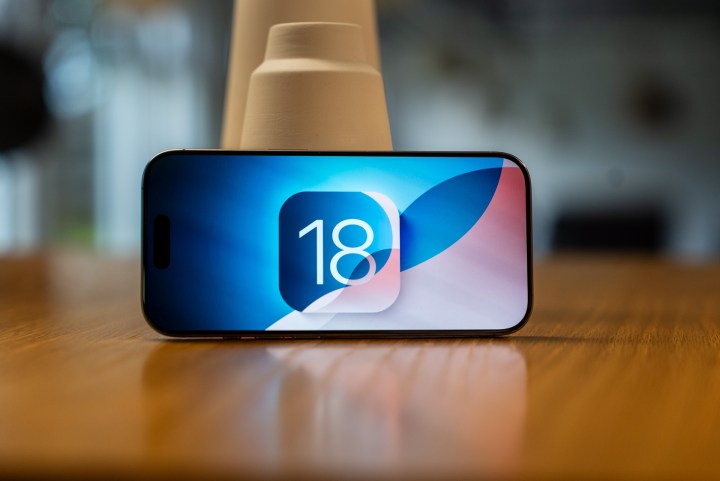Apple has introduced several changes with iOS 18 this year, and many more are expected to come with iOS 18.1 and future versions in the upcoming weeks. These changes mainly involve the visual appearance of iOS, such as a revamped Control Center and the forthcoming debut of Apple Intelligence.
Recently, The New York Times highlighted another change Apple made in iOS 18 that has been much less discussed: the modifications to the Contact Sync feature.
What’s Contact Sync, you might ask? Its primary purpose is to keep your contacts list the same across your many Apple devices. The feature is also vital to critical apps, especially social ones.
When you log into certain apps, you are often prompted to allow them to access your contact list. By granting this permission, you can discover which of your friends and family members already use the app, such as a social network. Additionally, the network can recommend other users for you to follow. In many respects, this is a win-win.
Apple, however, didn’t see it this way.
Starting with iOS 18, if you agree to share your contacts list with an app developer, a second message asks which contacts you’d like to share. You can share everyone in your contacts list as before or select only a few contacts to share.

Apple says that the change prioritizes user privacy by allowing users to limit which contacts (if any) app developers can access. In other words, it’s no longer an all-or-nothing proposition. If you want more control of your contact privacy, that’s good!
The New York Times, however, says some developers worry that the change will prevent them from launching new apps. For example, Nikita Bier, a startup founder and adviser, calls the change the “end of the world” and one that could render new friend-based social apps “dead on arrival.”
Meanwhile, some of Apple’s competitors argue that the change is Apple’s way of stifling competition, pointing out that Apple’s apps aren’t subject to the new limits with Contact Sync.
It will take time to say accurately whether this change hurts or benefits one side. I had no issues giving my entire contacts list to an app developer in the past because I believed it made it easier to find friends who also used the app. However, I can also see why others said no to handing off the entire list.
9to5Mac’s Ben Lovejoy believes the change benefits developers, as it may encourage those folks to share information they previously withheld.
He explains: “There were plenty of us who almost never permitted access to contacts, who will now be willing to do so on a selective basis.”
 Joe Maring / Digital Trends
Joe Maring / Digital TrendsThanks to the change, I will limit the contacts I provide, probably only to my friends and family, whom I believe are already using the service. This will mean information about other contacts, such as my doctor or dentist, will no longer be shared, and that’s certainly beneficial.
One important point to note is that Apple’s change will have less impact on well-established social apps like Facebook and X (formerly Twitter). This is because they have already gathered a significant amount of user data over time, giving them an advantage that new ones won’t have. This presents another challenge for new app developers trying to establish themselves and attract users.
The bottom line, however, is that Apple has given users a little more flexibility in determining who has access to their private information, and that’s a positive development.
Services Marketplace – Listings, Bookings & Reviews